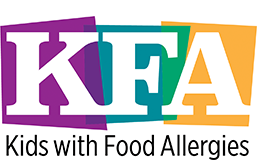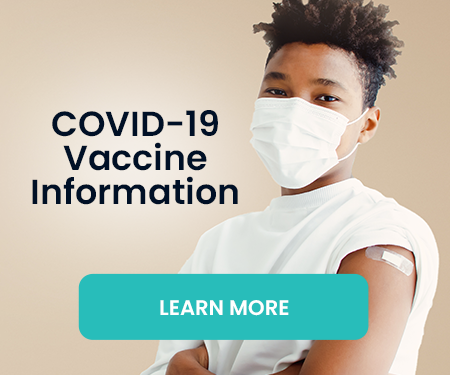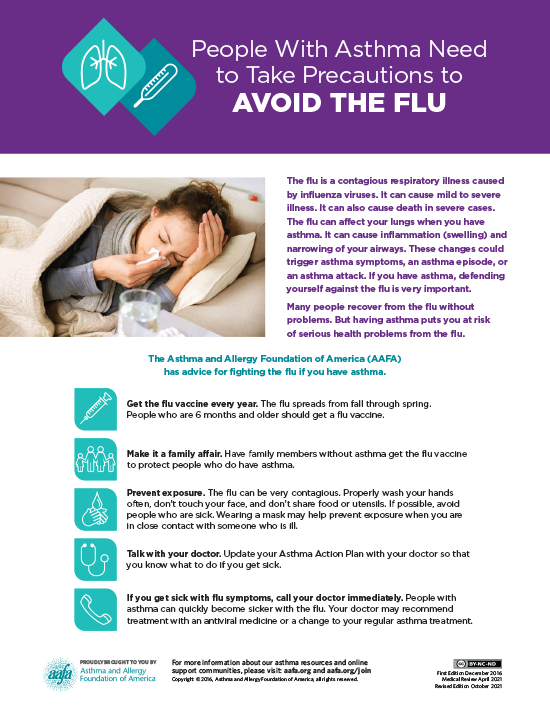Living with Food Allergies

Is the Flu Vaccine Safe for People with Egg Allergy?
Yes. If you have a current or past egg allergy, you can get the flu (influenza) vaccine, even if you have had severe allergic reactions (anaphylaxis) to egg. The same is true for children.
Does the Flu Vaccine Contain Egg?
Most versions of the flu shot and nasal spray vaccines can contain a tiny amount of egg protein. But studies show that the amount is so small it is unlikely that you will have a severe allergic reaction to the vaccine if you have an egg allergy.
There are also two vaccines that are egg free:
- Flublok Quadrivalent (licensed for use in adults 18 years and older)
- Flucelvax Quadrivalent (licensed for use in people 6 months and older)
The risk of complications from the flu are greater than the risk of reaction from the tiny amount of egg in the vaccine.
What Are the Current Guidelines for the 2022-2023 Flu Season?
Flu viruses change from year to year. So the flu vaccines change every year. Also, the CDC updates its guidelines each year. Below are the current guidelines:
- Everyone 6 month and older should get a flu vaccine every year.
- All flu vaccines (the shot and nasal spray) are designed to protect against four different flu viruses. This is called quadrivalent [kwa-dreh-VAY-lent].
- Flucelvax Quadrivalent is now approved for people 6 months and older.
- You can get the flu vaccine and COVID-19 vaccine at the same time.
The CDC makes the following recommendations for people with an egg allergy who get the flu vaccine:1
- Anyone who has only hives from egg can receive any licensed and recommended flu vaccine for their age and health status.
- Anyone who has had a reaction to egg other than hives should get the flu shot in a medical facility from a health care provider who can recognize and treat a severe allergic reaction.
- Anyone who has had a severe allergic reaction to the flu vaccine in the past should not get the flu vaccine.
The AAAAI and ACAAI state that the vaccine is safe to give in any setting. There is no special waiting time or other precautions.2

Why Is the Flu Vaccine Important?
The flu is a contagious respiratory illness caused by influenza viruses. It can cause mild to severe illness. Serious complications from the flu are possible, like pneumonia. It can also cause death in severe cases. The flu causes thousands of hospitalizations and deaths every year, including previously healthy children and adults.
It is possible to also get other illnesses such as COVID-19 or respiratory syncytial virus (RSV) at the same time as the flu and become very sick. Getting the flu vaccine can help reduce you or your child’s risk of severe illness from more than one respiratory infection.
Who Should Not Get a Flu Vaccine?
Talk with a board-certified allergist about the flu vaccine if your child has ever had a:
- Life-threatening allergic reaction after a dose of flu vaccine
- Severe allergy to any part of a flu vaccine
If you or your child has an egg allergy and you are still concerned about getting the flu shot, talk with an allergist.
Medical Review: October 2022 by David Stukus, MD
References
1. Centers for Disease Control and Prevention. (2022, August 25). Flu vaccine and people with egg allergies. Centers for Disease Control and Prevention. Retrieved October 18, 2022, from https://www.cdc.gov/flu/prevent/egg-allergies.htm#recommendations.
2. Greenhawt, M., Turner, P. J., & Kelso, J. M. (2018). Administration of influenza vaccines to egg allergic recipients: A practice parameter update 2017. Annals of Allergy, Asthma & Immunology, 120(1), 49–52. https://doi.org/10.1016/j.anai.2017.10.020










